85% fall in Soymeal exports: Study
Updated: Jul 17, 2015 01:56:45pm
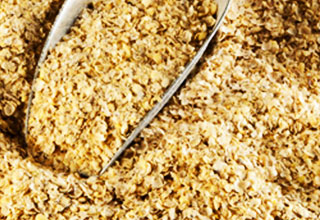
Industry body Assocham has outlined the recommendation to perk up soybean production in India, particularly in MP and Maharashtra which together account for 90 per cent of country’s soybean production.
Farmers engaged in soy cultivation are highly distressed as India’s soybean meal exports have dropped drastically by about 85 per cent from record level of 4.24 million tonnes (MT) during fiscal year (FY) 2008-09 to a meagre 0.64 MT in 2014-15, noted a study.
Looking at near normal monsoon, the country is expected to reap rich harvest of over 12 MT soybean meal putting further pressure on the domestic prices as India has become globally uncompetitive and import of soy oil continues to increase.
“This significant slump in soybean meal exports from India is largely on account of speculation and an unrealistic approach in handling established export markets,” according to the study titled ‘Soybean: Time to regain lost ground,’ conducted by The Associated Chambers of Commerce and Industry of India (Assocham).
Madhya Pradesh is known as ‘Soybean bowl of India,’ accounting for lion’s share of 60 per cent of total production followed by Maharashtra (30 per cent), while Rajasthan, Andhra Pradesh, Karnataka, Chhattisgarh and Gujarat together account for remaining share of 10 per cent.
“Soybean scenario in India is currently at crossroads due to erratic production, declining soybean meal exports and consequent idling of plants, poor soybean oil output while edible oil imports are growing and currently account for almost 60 per cent of country’s total requirement,” said D S Rawat, national secretary general of Assocham while releasing the findings of the chamber’s study.
“Unless a targeted approach is initiated, India might permanently loose export market for soybean meal that has been so assiduously build over decades,” said Rawat.
“Industry should adopt a pragmatic approach to revive lost markets on soybean meal export front,” he added.
A constant rise in edible oil imports into the country is another worrying aspect highlighted by the study.
“Edible oil consumption in India is currently growing at a compounded annual growth rate (CAGR) of three per cent thereby placing enormous burden and dependence on imports to meet current deficit of 10 MT due to near stagnant domestic production at about 8 MT against a requirement of 18 MT.”
Thus, India is heavily dependent on imports of vegoils with over 60 per cent of edible oil requirement being met through imports, the study noted.
“There is a compelling need to increase production of vegoils in India and arrest the growth rate in per-capita consumption which is presently at a level of 14.4 kilograms per annum and is growing annually at three-four per cent,” added the study.
Contrary to the normal price behaviour both during the lean season and peak arrival season, soybean prices moved differently during 2014.
Generally April-September/October is considered lean season for soybean and prices tend to move upwards, however prices moved downward during May 2014-October 2014 i.e. from Rs 4,694 per quintal to Rs 3,056 per quintal in Indore market-hub of soya processing in India.
Likewise, prices are usually lower to steady during November-February, as the new crop arrival pressure manifests; however prices moved upwards from Rs 3,266 per quintal in November 2014 to Rs 3,408 per quintal in February 2015.
“Such abnormal price movement during peak arrival season is not in the interest of the industry,” further highlighted the study. (KNN Bureau)

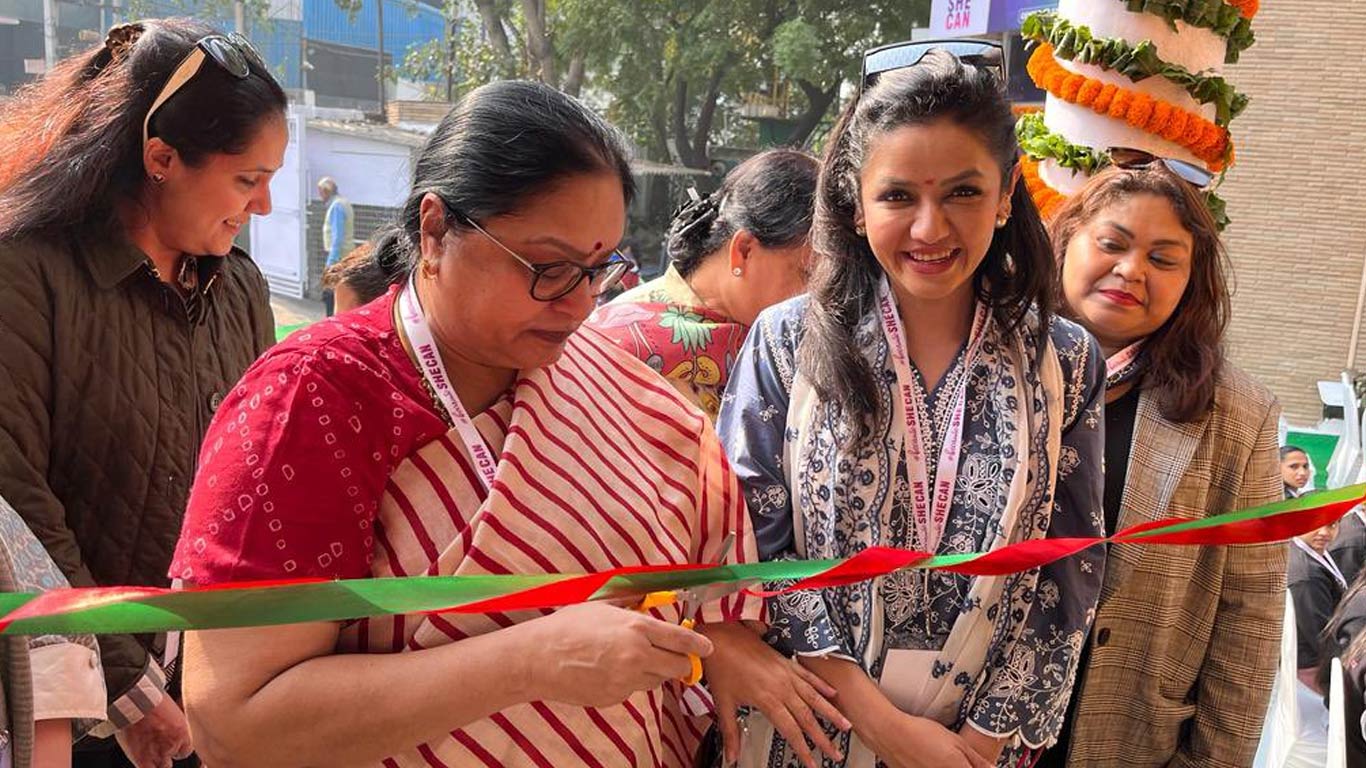
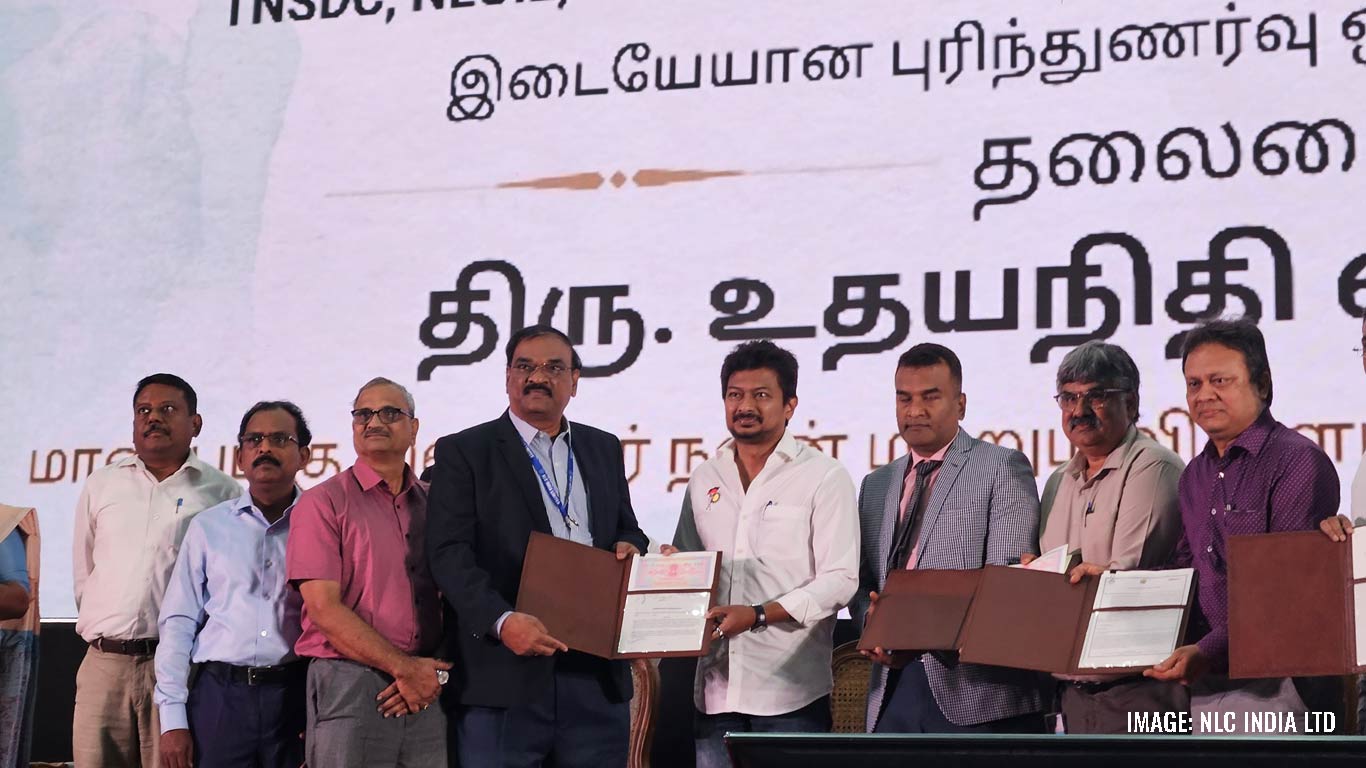

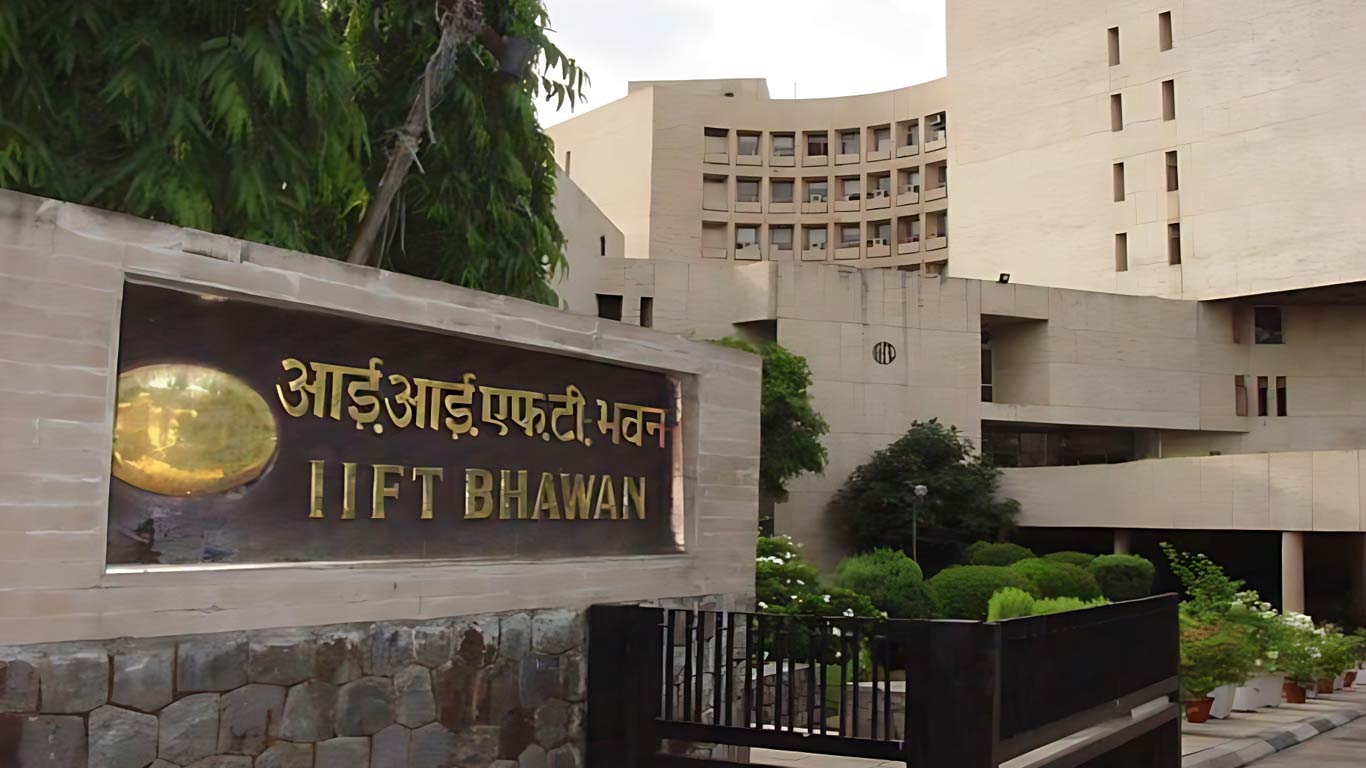
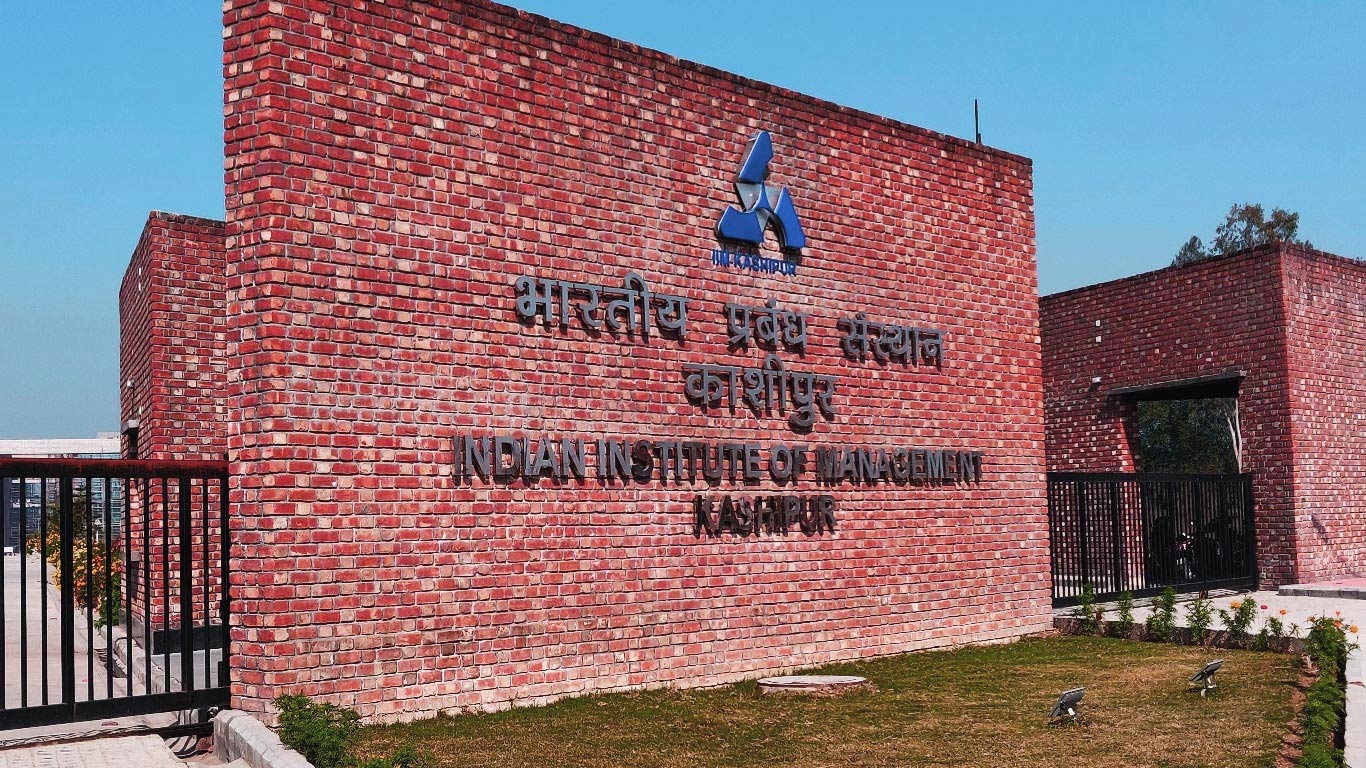





